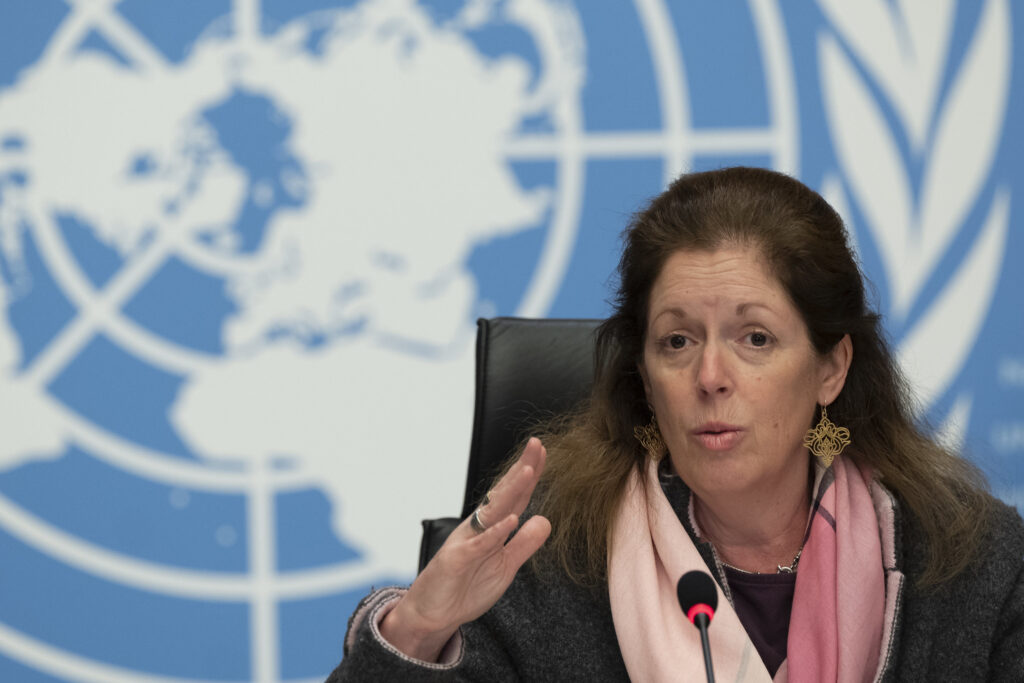Stephanie Williams, former U.N. special advisor on Libya, has penned a word of caution against a proposal to establish a separate “national guard” in which to absorb armed group actors.
In an article published on Friday by the Brookings Institution, Williams stated that the proposal is put forward by some actors who are “mostly in western Libya”.
“Libya does not need a national guard as much as it needs competent border guards and a well-trained and less predatory critical infrastructure protection force,” explained the American diplomat. “A national guard, with a separate budget and weapons’ arsenal, could evolve into a competitor to rival the national armed forces. This could be a recipe for more, not less, conflict.”
In her article, Williams explored other possible options for the process of disarmament, demobilization and reintegration (DDR) for armed groups in Libya.
Giving the fact that over 80% of Libya’s working age population draws a salary from the public coffers, Williams believes that any DDR effort should “factor in the likelihood that armed group members will be integrated into existing “state” structures — in other words, into the very entities that many but not all of them have pillaged over the last decade.”
Furthermore, the American diplomat suggested that the DDR process “should be devolved from the center to local communities.”
“With the national political process frozen, there should be a push for genuine decentralization which can open opportunities for armed group actors to fold more appropriately into the areas and communities from which they hail and which they purport to (and in some cases indeed do) provide protection,” Williams wrote.
She also affirmed that “anyone implicated in human rights abuses should be selected out, with a separate accountability process that is part and parcel of an overall national reconciliation package.”
“Magnitsky-level sanctions should be on the table for all actors who abuse human rights and plunder the state,” she added.
